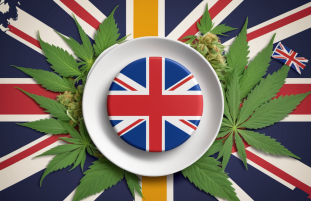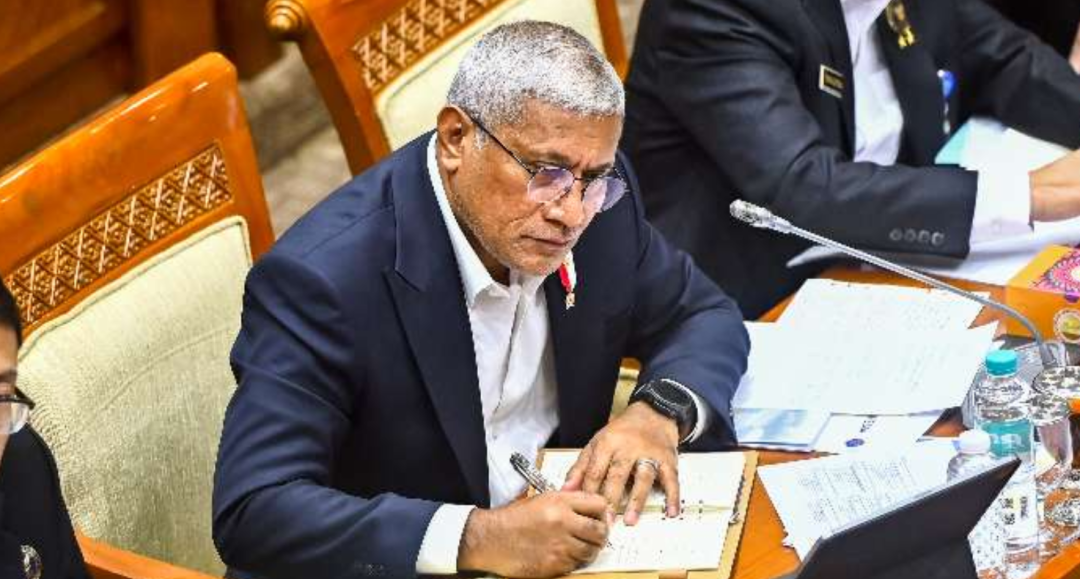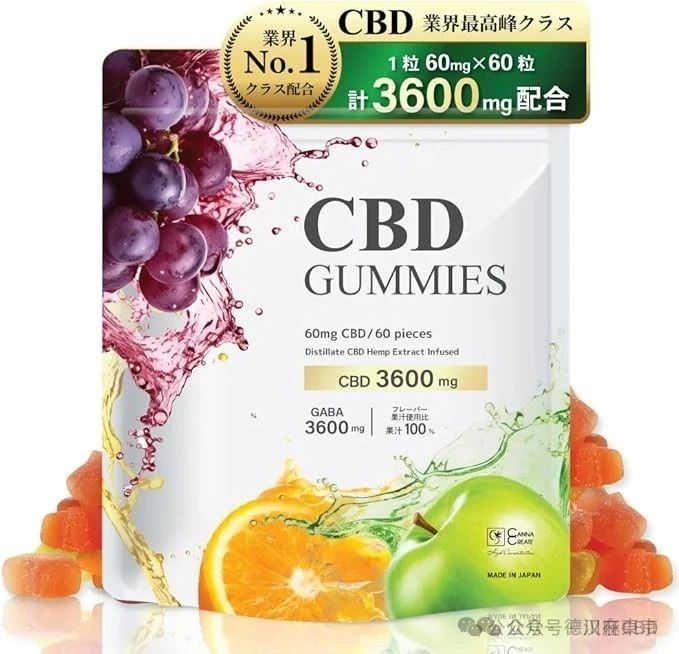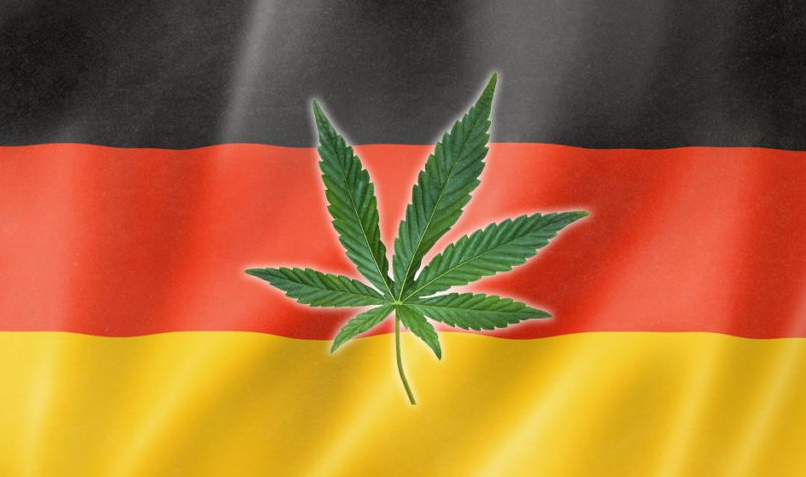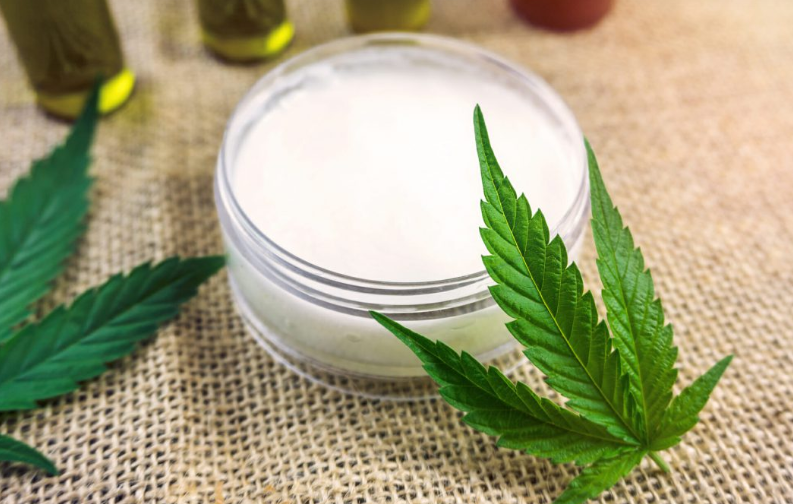Czech Republic: GPs will be able to prescribe medical marijuana from April next year
From April 1, 2025, the Czech Republic will allow GPs to prescribe Medical Cannabis for chronic pain patients.
The move comes after heavy lobbying from patient advocacy groups and healthcare professionals in their country. Currently, only 8,000 patients in the country can legally use medical marijuana for treatment, while surveys have shown that more than 1 million people in the Czech Republic now use it for medical purposes, often through home cultivation.
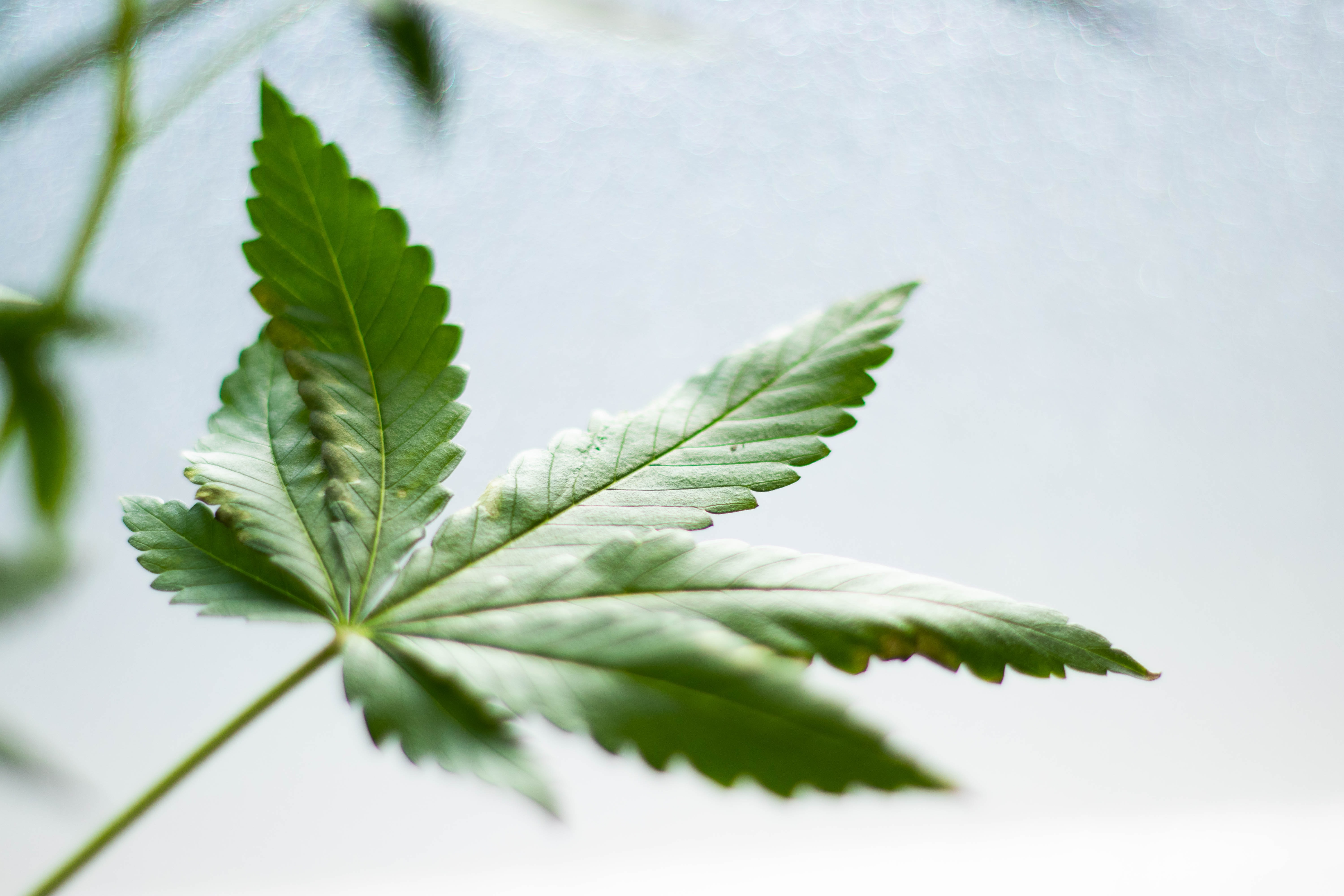
Simplifying Access to Marijuana for Chronic Pain
Until now, medical cannabis prescriptions in the Czech Republic have been specifically authorized to specialists, which has created many obstacles for patients. Now, the new Czech decree authorizes GPs to prescribe medical cannabis in cases where patients suffer from intractable chronic pain, greatly simplifying access to medical cannabis for patients.
For this reason, Mr. Sankar, President of the Association of General Practitioners of the Czech Republic, welcomed the importance of this reform. “If GPs are allowed to prescribe opioids such as morphine, then they should also be allowed to prescribe medical cannabis,” he explained.
By transferring prescribing rights to GPs, the Czech government intends to meet the growing patient demand for medical marijuana while maintaining strict controls. The gap between legal requirements and actual use has highlighted the need for reform. According to the Czech National Drug Observatory, while only a small number of Czech patients have legal access to medical marijuana products, the number of people who grow marijuana at home and use it for medicinal purposes is very large.
This discrepancy exposes patients to potential legal risks, as personal cultivation and distribution remain criminal offenses despite the legalization of personal use.
“Many patients openly admit that they grow marijuana at home for therapeutic purposes,” Mr. Sankar noted.
Removing administrative and financial barriers
Medical marijuana reform should reduce the administrative burden on doctors and patients. Under the new rules, patients can be prescribed medical marijuana for up to three months at a time, compared to the current prescription limit of one month.
However, financial limitations remain. While Medicare covers up to 90 percent of the cost of 30 grams of medical marijuana per month, many patients need a larger amount of the product. For people suffering from diseases such as multiple sclerosis, the monthly demand can be as high as 90 grams, which requires them to pay a significant amount out of pocket.
Currently, medical marijuana in the Czech Republic costs around CZK 200 (€8/$61) per gram, and for many, the high cost may be prohibitive.
The Czech Republic is said to be the most liberal country in Europe with regard to the use of drugs in general and marijuana in particular. Although its recreational use remains illegal, the Czech Republic has legalized medical marijuana and legalized personal possession of cannabis.
Under current Czech drug laws, people could possess small amounts of marijuana for personal use without being penalized, but larger amounts could result in prison sentences, depending on the type of marijuana possessed.
In the Czech Republic, the THC limit for industrial Hemp is now as high as 1 per cent, as industrial hemp with a THC concentration of up to 1 per cent is classified as a non-addictive substance. The Czech Republic is now one of the few European countries that recognizes industrial hemp with a THC content of 1%, while other EU member states (such as Poland) set the threshold at around 0.3%.
When cannabis plants involve higher THC concentrations above 1%, they are defined as medical marijuana, and medicinal marijuana is legal in the Czech Republic. However, medical marijuana is limited to personal use by individuals over the age of 18 and for the treatment of certain specific serious diseases, such as HIV, cancer, Parkinson's disease and PTSD.




